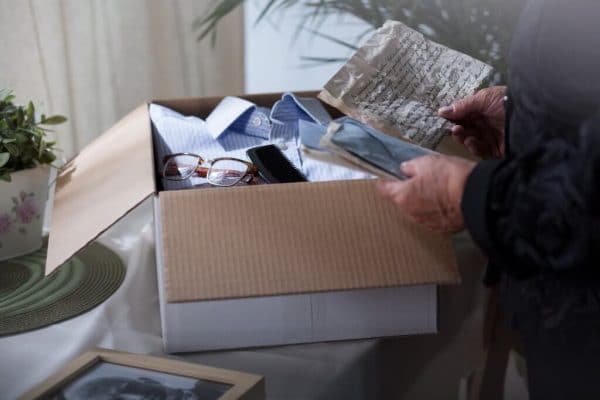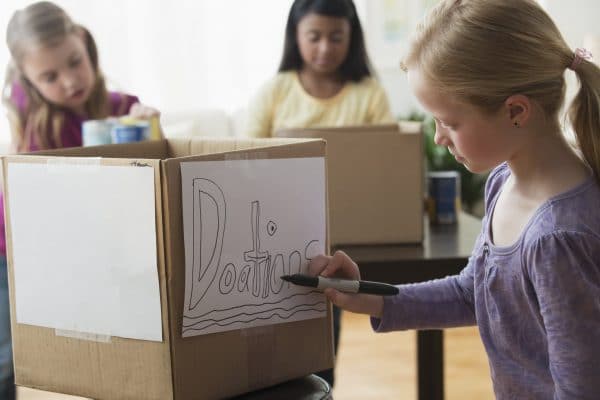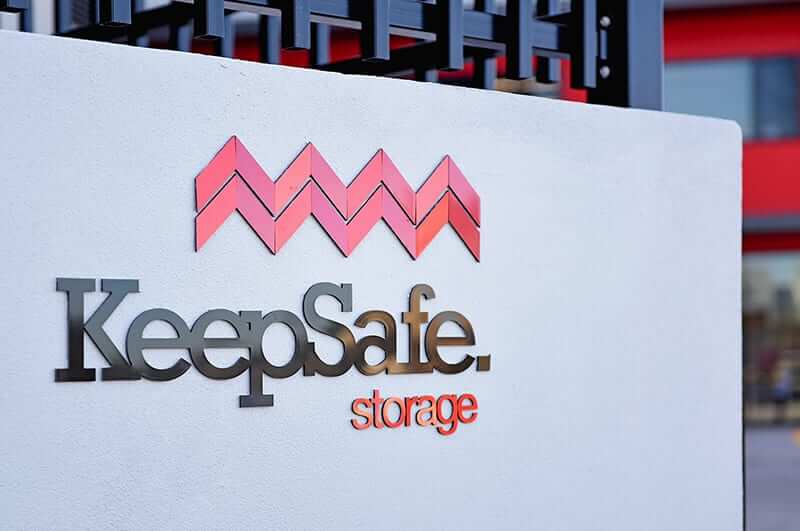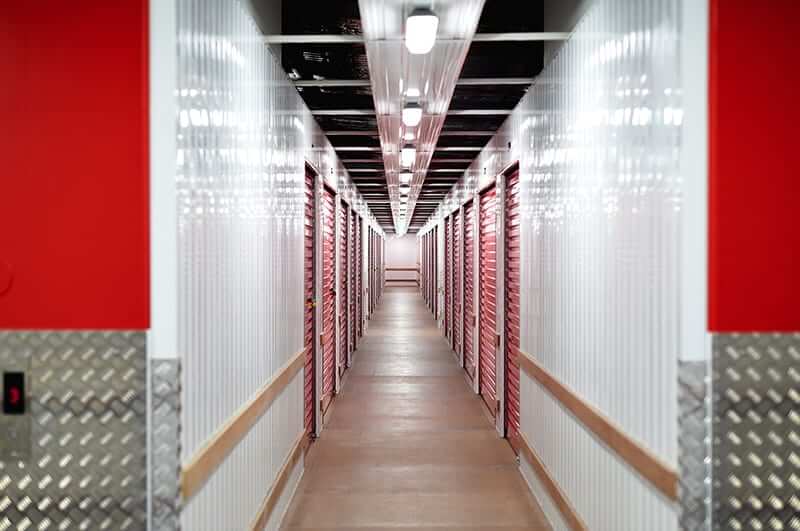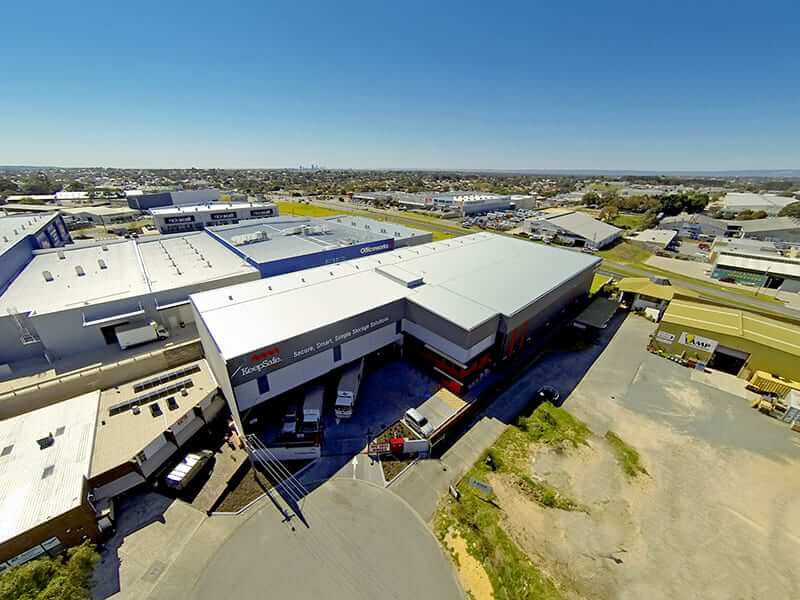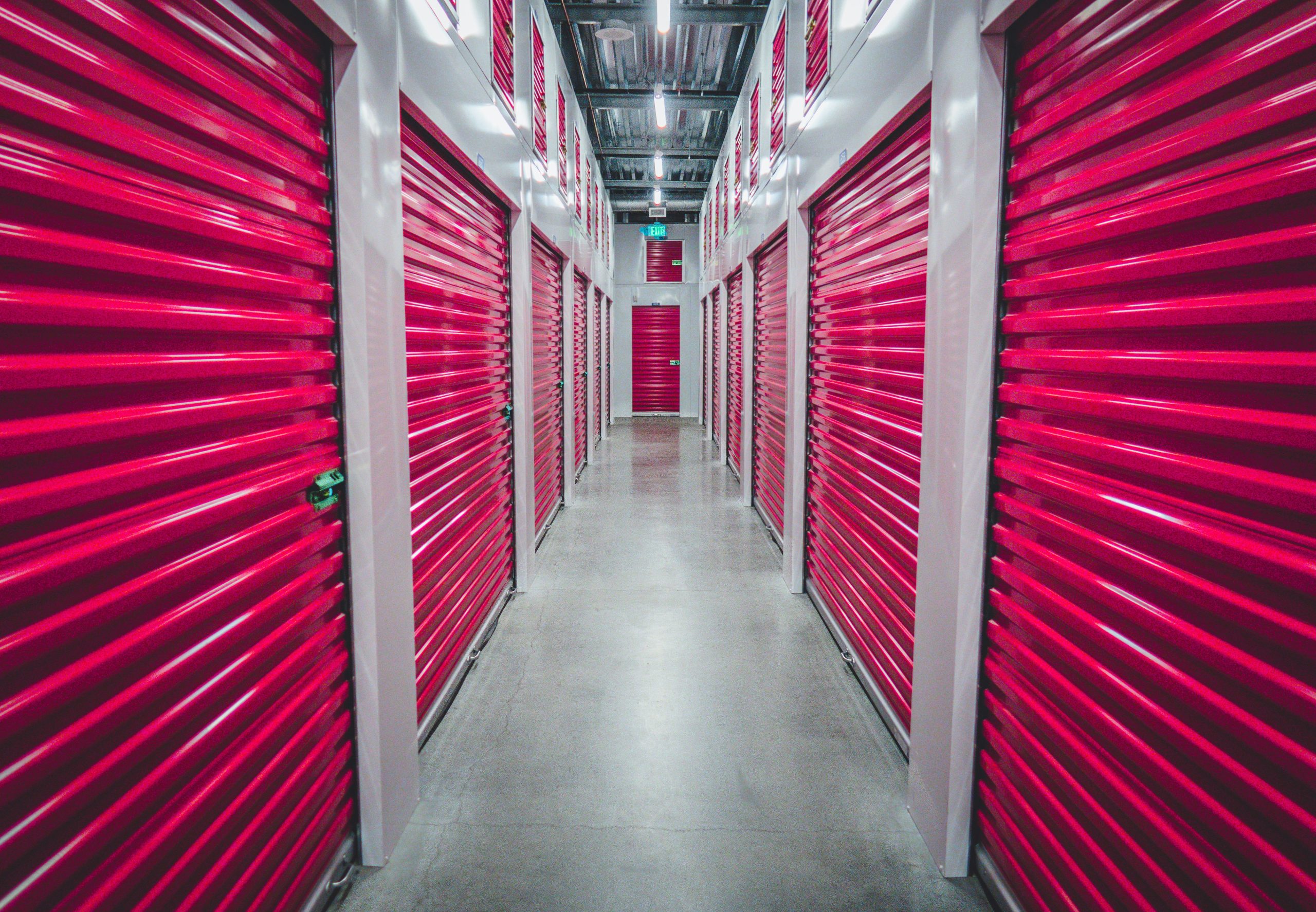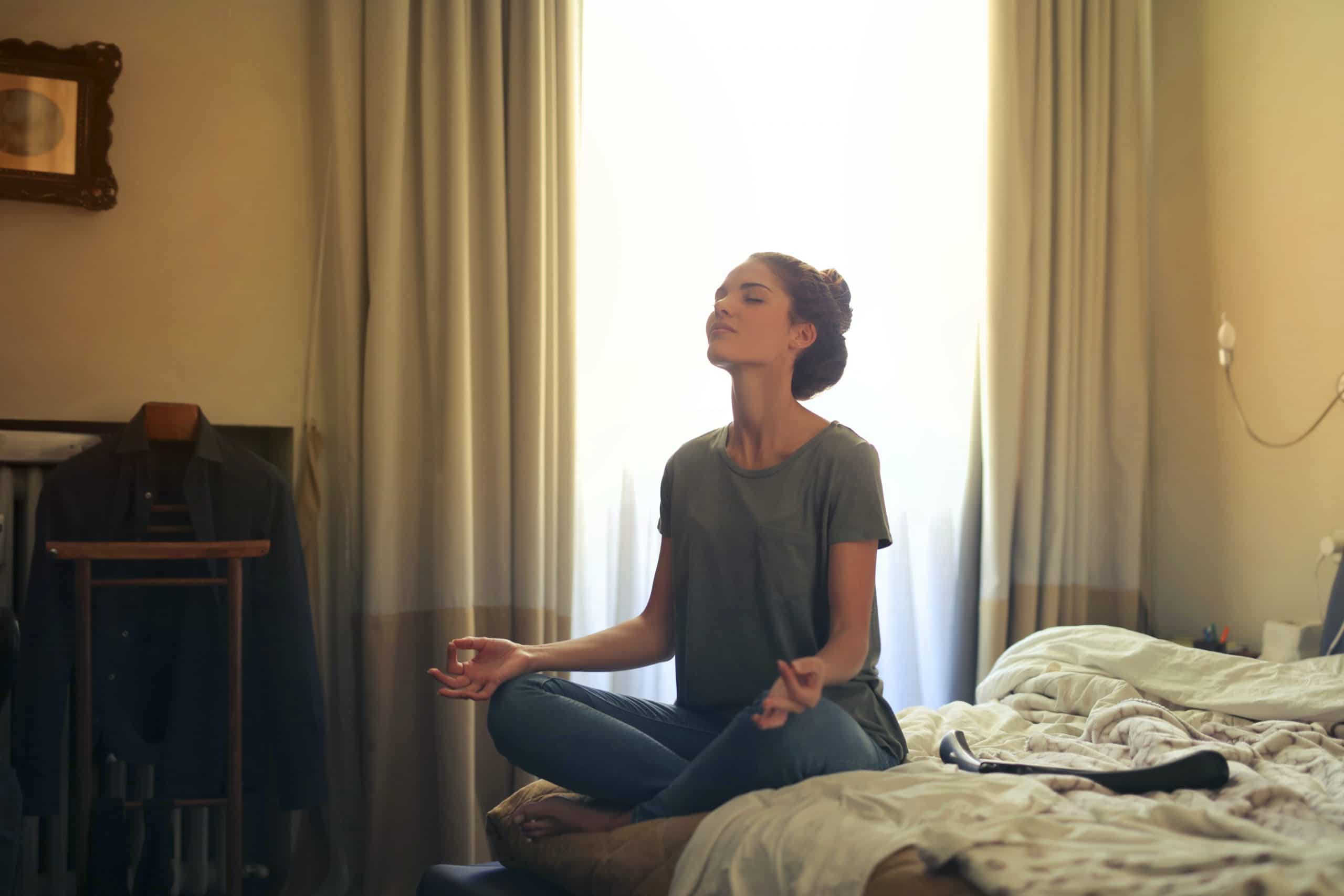
Self storage Article
Letting Go Beating the Emotions of Decluttering
Table of Contents
Decluttering and letting go, are great ways to clear your house and your mind. Unfortunately, it’s not always easy. To truly organise your space, you’ll probably have to downsize on some of your possessions. The most common reason for a messy home is having too many items and not enough space to keep them. However, many people find themselves avoiding decluttering despite having the means to do so.
In many cases, decluttering feels more complicated than just sorting and getting rid of items. If you find sentimental value in your possessions, letting go can be incredibly difficult. It can feel like you’re letting go of memories, past relationships, or complicated emotions. Certain items can be a tangible representation of feelings and experiences that would otherwise only exist in your mind, and releasing these sentimental items is challenging. While we tend to have a sense that letting go is important for us, that sense of attachment, and what we know can feel overpowering at times.
Overcoming the emotions of decluttering is possible, though. You don’t have to allow your possessions to control your emotions or actions. Instead, you can achieve peace of mind by clearing space in your home and only keeping the items that have a distinct place and purpose. To avoid being overwhelmed by emotions as you declutter, approach the task carefully and thoughtfully.
What follows are three tips for improving your mindset toward decluttering and letting go. By incorporating these changes in your mindset, you can move into a clearer calmer space at home, or in the office a more productive space that facilitates business growth. The balance of spacial benefits, and mental health benefits make these tips well worth using.
- Keep Only the Items That Serve a Purpose
- Take Photos If It Seems Too Tough To Let Go Emotionally
- Enlist Detached Help And Support To Help With Letting Go Of Things
- Decluttering Needs A Focused Detached Mindset For Success
Keep Only the Items That Serve a Purpose
Everything in your home should have a current purpose for yourself or your family. Items that aren’t actively benefiting your household are taking up space and making your home feel cluttered and cramped. As you sort through your possessions, ask yourself about the purpose of every item you encounter. If someone else would get more use out of any of your possessions, even old valuables, consider gifting or donating them.
If you have items that you only occasionally use, consider renting a storage unit with KeepSafe Storage. Seasonal items, tools, and “just in case” items can be helpful to keep around, but they may take up too much space and make your home feel crowded or messy. Perth Storage can help you conquer clutter by providing extra space for your possessions.
This helps to ease the emotional burden of letting go of certain items, too. You can keep the items in your Perth storage unit while you adjust to not having them in your home. Then, you can decide when you’re ready to release them for good.
Take Photos If It Seems Too Tough To Let Go Emotionally
Instead of holding onto every item you feel emotionally attached to, take a picture of it. Your smartphone camera is a valuable tool, and you can back up your photos on the cloud or onto a hard drive to keep them safe. Then, you can use the photos to reflect and reminisce, but your house won’t be so cluttered.
At some point you will likely want to progress further, and on an emotional level deleting those photos, finally letting go completely, is very wise. That clean break from the past, and old situations, helping you to be more free to be happy now and in the future.
Enlist Detached Help And Support To Help With Letting Go Of Things
Trying to declutter on your own can be especially difficult because you’re alone with your thoughts. If possible, have help from someone who will challenge your desire to keep all of your clutter. You may need to enlist the help of a friend or family member outside your household who doesn’t have any emotional attachment to the items in their house. They can help you stay objective and practical as you sort through your possessions and decide what to remove.
Decluttering And Letting Go Needs A Focused Detached Mindset For Success
When people get emotional, decluttering becomes a real challenge.
The fact is, when you haven’t used something in years. Or never look at it. You really do not need it.
Having a focused detachment, and refraining from getting emotional about old things, will help you to really power through with clearing out, and decluttering. An up shot of this is that, when you do let go of things, you do actually feel better. Stuff that you were attached to, with negative emotions, ceases to have hold over you any longer. Thus enabling you to move forward with your life in a happier, more energetic way. Decluttering actually brings a vast amount of benefits on a psychological level, it’s just getting over that initial barrier which is challenging.
What people tend to find hardest with decluttering and letting go, is actually getting started. It is an emotional bump, for which people tend to have a certain level of resistance. The thing is, once you get started, it can actually be far easier to flow through the whole letting go and decluttering process than we first though. It just takes that bit of committed action, and that is on of the places where having help from friends and other loved ones can be really beneficial with starting to let go. They have greater detachment, so are well placed to get you over the inertia of starting. Once you have started letting go, and the decluttering is in flow, you will find yourself accelerating and feeling better for it.
So give yourself time. Start working through clear space at home, in your office, and by extension in your mind. Learn to love the process of decluttering and letting go, and feel the positive effects on your life and business.
Get A Quick Quote
Recent articles
Contact us
Get in touch with one of our staff
The team at KeepSafe are ready and waiting to assist. We’ll be back to you as soon as possible!

